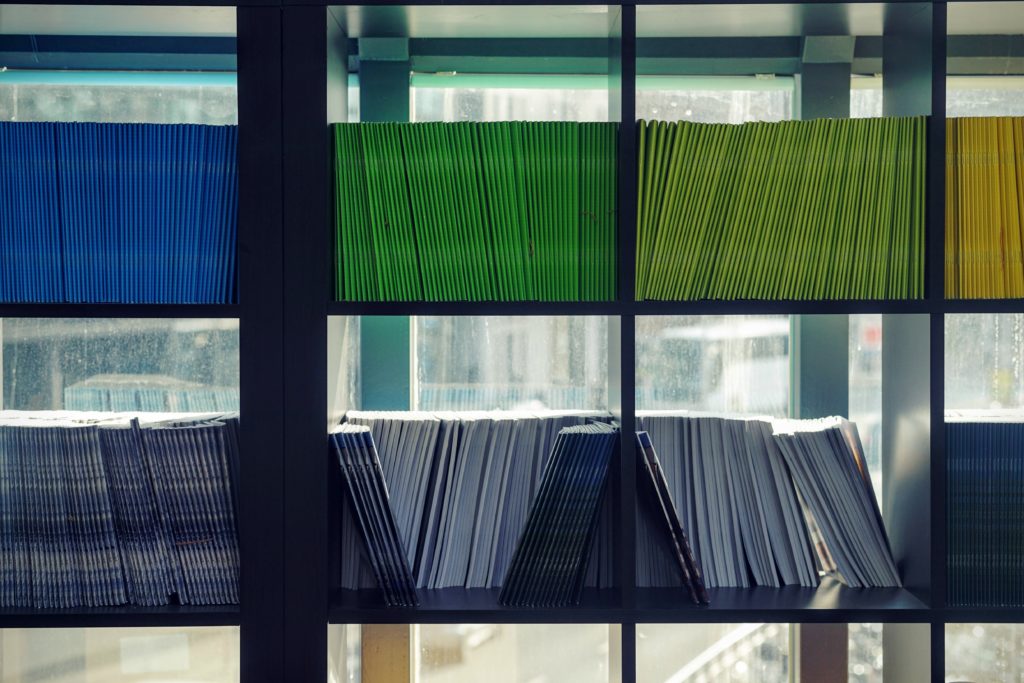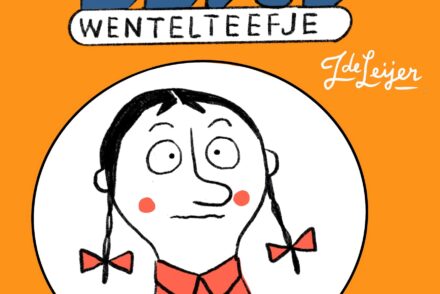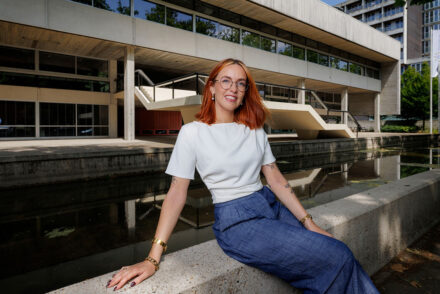Open Access: almost all journal articles are freely available. Now it is the books’ turn
The University Library not only preserves books and journals, but also publishes and distributes scientific work in the most open way possible. With its own publishing house as well as a fund, open access books by Tilburg scholars now appear.

Over twenty years have passed since ‘open access’ was put on the agenda with the Budapest Open Access Initiative (2002) and the Berlin Declaration on Open Access to Knowledge in the Sciences and Humanities (2003). Scientific knowledge, after all financed by public funds, should be freely available to the public!
Everything open access
This objective proved as obvious as it was laborious. It took ten years for Dutch politicians to get involved in moving things forwards. In late 2013, State Secretary Sander Dekker managed to get the universities to agree to a hard deadline: ten more years and then we will publish 100 percent open.
We are now ten years down the road, and with some good will, we can say that the goal is in sight, at least when you look at journal articles. Thanks in part to efforts by university libraries, some universities came close to 100 percent open access of scientific (peer reviewed) articles. In Tilburg, the percentage is 86 percent now—not bad either! Those who want to find the articles of Tilburg researchers can do so in our Research Portal.
The books
To be fair, scientific open access books in particular are still lagging behind. This is due to the national focus on articles: all sorts of strategies have been developed to make articles in particular openly available. For example, by making national deals with the major scientific publishers or by actively encouraging authors to make use of Dutch copyright law, which states that ‘short scientific work’ may always be freely shared.
For books, however, there is no provision in Dutch law. And ‘freeing up’ books would mean a large expense for university libraries, since publishers charge very high book processing charges (BPCs) for open access publishing.
The library as publisher
It is especially a problem for scientific fields for which the publishing culture is more focused on book publishing, such as the humanities and cultural sciences. Especially to also accommodate the humanities and encourage open access here as well, we see several university libraries acting as publishers.

These library publishers offer scientists the service of creating and publishing books and textbooks under an open license on a non-profit basis. Digital technologies and platforms (consider DOI, Manifold, Edusources, JSTOR) make the books interactive, globally accessible, and to be ordered on-demand as physical printed copies.
Radboud University, Delft University of Technology, Groningen University, and Maastricht University have library publishing activities, and in Tilburg, we are also experimenting with publishing under the banner of Open Press Tilburg University. The Dutch New University Presses have united under the NUP, the circle within which knowledge, skills, and experience are shared.
Books for Tilburg scientists
More and more scientists know how to find library publishers, and they frequently come from the humanities and other book-publishing fields of science. Former Mayor Herman Kaiser, for example, published In Ordinata Concordia, the result of his research as a PhD candidate with supervisors Paul van Geest and Sylvester Eijffinger.

The book deals with Augustine’s principle of subsidiarity and the (still current) question of the most ideal arrangement for institutions to function in relation to citizens and social issues.
Also from the corner of theology, the book Waar kunst religie kust (Where Art Kisses Religion), published as part of the Figura Divina series, recently appeared, with chapters by Tilburg theologian Frank Bosman and philosopher Ruud Welten, among others.
The Open Press produces books for Tilburg scholars at no cost to the author. There is also the Open Access Book Fund, for authors who want to publish open access with commercial scientific publishers. The Library can contribute to part of the costs of open publishing. With these two initiatives—library publishing and the book fund—the Library hopes to also be there for scientists who write books.
Daan Rutten is Head of Department of Research Support, Library. He wrote this contribution on behalf of the University Library’s Heritage Collections.
Translated by Language Center, Riet Bettonviel






